ProAm Commission of the Spanish Astronomical Society: assessment of ProAm collaboration in Spain and how to improve it
- 1Planetario de Pamplona, Pamplona, Spain.
- 2Centro Astronómico Hispano Alemán (CAHA), Almería, Spain.
- 3Macquarie University, Sydney, Australia.
- 4Instituto de Ciencias y Tecnologías Espaciales de Asturias (ICTEA), Oviedo, Spain.
- 5Escuela de Ingeniería de Bilbao (UPV/EHU), Bilbao, Spain.
- 6Federación de Asociaciones Astronómicas de España (FAAE), Spain.
- 7Centro de Astrobiología (CSIC-INTA), Madrid, Spain.
- 8Parc Astronòmic del Montsec, Lleida, Spain.
Non-professional astronomers can significantly contribute to key research projects in Astronomy. The collaboration between professional and amateur astronomers is known as ProAm collaboration. Since 2009 the Spanish Astronomy Association (SEA) has housed a specific working group promoting the relationship between professional and amateur astronomers: the ProAm Commission.
The SEA ProAm Commission has just published a report analyzing the status of the ProAm collaboration in Spain. It is the first time that such analysis has been performed in Spain.
Data were collected using the information provided in recent amateur astronomy conferences. An exhaustive search of scientific publications in which amateur astronomers had participated was also carried out. And a survey to both amateur and professional astronomers was conducted to compile key information.
This report confirms that Spanish amateur astronomers collaborate significantly with professional astrophysicists, with around a 100 of them being regularly included in science publications and astronomical circulars. The number of ProAm collaborations is steadily increasing with time. More than 200 peer-reviewed publications and almost 5000 astronomical circulars including Spanish amateur astronomers have been published to date. However the fraction of women involved in ProAm collaborations is low: 4% and 7% for the professional and amateur astronomers, respectively. This significant gender gap needs to be addressed.
Both amateur and professional astronomers requested to improve communication channels in both directions. The SEA ProAm Commission is addressing this issue with the development of a specific webpage, https://proam.sea-astronomia.es .
In addition, since 2021 the SEA ProAm Commission organizes informative sessions on a monthly basis with the aim of promoting the visibility of the ProAm collaboration in Spain.
The SEA ProAm Commission is also coordinating several training courses to increase the observing and data processing skills of amateur astronomers. So far two courses have been held: 'Python Course for amateur astronomers' and the 'Astronomical Calculation Course'. All the training courses (material and recordings of the sessions) and the dissemination sessions of the ProAm projects are publically available in the SEA ProAm Commission webpage.
Finally, we have defined a code of good conduct applicable to ProAm collaborations and relationships in astronomy, where the rules and good practices to be followed are brought together to guarantee the well-being of all the people who participate in ProAm projects.
How to cite: Ordoñez Etxeberria, I., Guijarro Román, A., López Sánchez, Á. R., Diez Alonso, E., Garate Lopez, I., Álvaro Contreras, J., Cortés Contreras, M., and Ribas, S.: ProAm Commission of the Spanish Astronomical Society: assessment of ProAm collaboration in Spain and how to improve it, Europlanet Science Congress 2022, Granada, Spain, 18–23 Sep 2022, EPSC2022-940, https://doi.org/10.5194/epsc2022-940, 2022.

